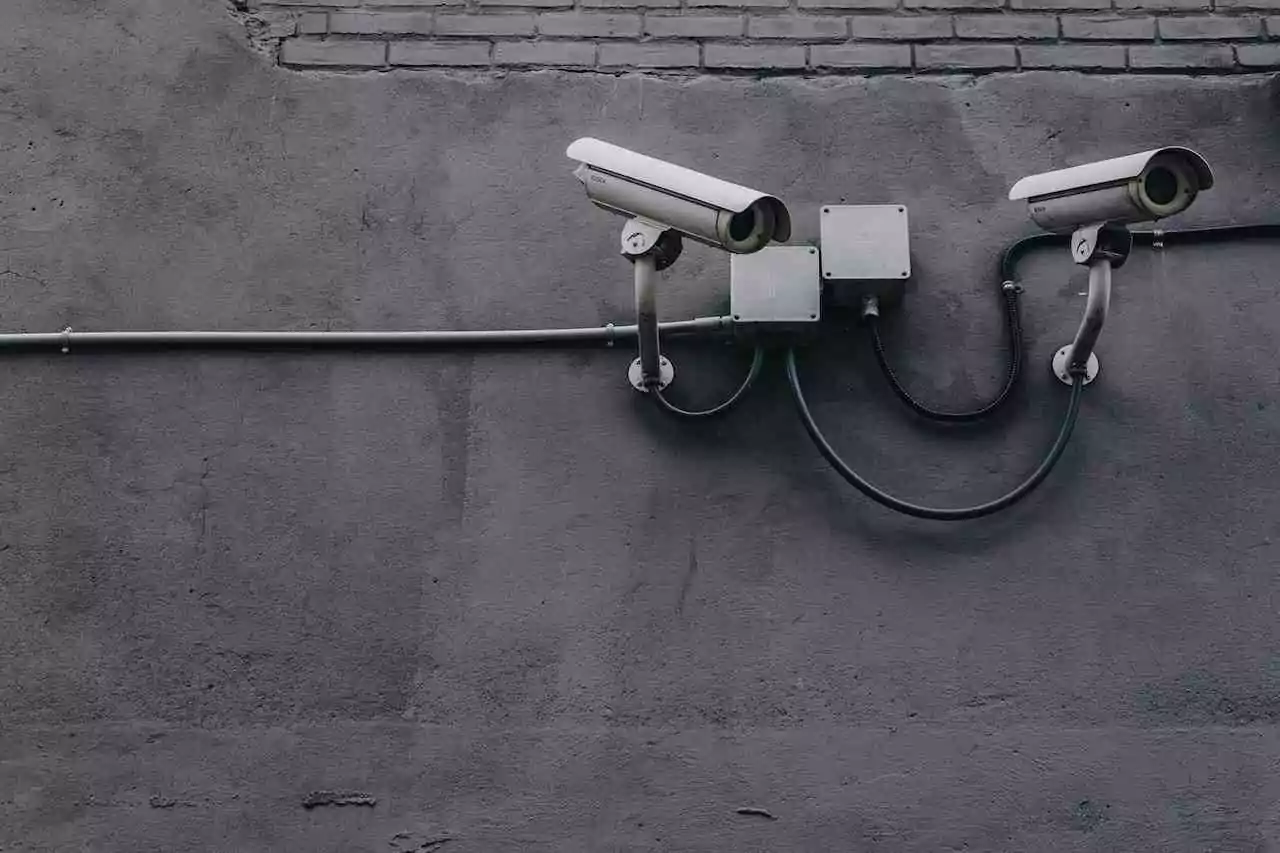Science
What Decimated the Army of Napoleon Bonaparte? The Truth Hidden in Teeth
15 February 2026

Authorities in Manhattan and Amsterdam have decided to install noise detectors. Many people argue that these devices will not be objective, and their real purpose is to impose fines on black individuals who enjoy listening to loud music. Experts also fear that this new technology could enable societal surveillance.
The sounds of cars, radios, loudly conversing neighbors, and vendors are just a part of the cacophony that resonates daily on city streets. Cities are noisy, but not everyone likes this. New York City authorities have long declared war on noise. They have been losing this battle so far, but now have a new weapon: sound cameras.
These devices record visuals, but their main goal is to detect excessive noise caused by cars and motorcycles. Last year, New York State Governor Kathy Hochul signed the Stop Loud and Excessive Exhaust Pollution (Sleep) Act, which increased penalties for owners of vehicles modified to be louder.
Sound detectors are designed to identify cars emitting too many decibels. Penalties for violating the law can exceed $2,500.
Authorities in Knoxville, Tennessee, Miami, and several California cities are working on similar systems, collaborating with the British company SoundVue, which sells noise detectors. Amsterdam has also initiated a battle against noisy motorcycles and cars. Devices known as ‘noise cameras’ operate similarly to speed cameras, automatically fining drivers who commit violations.
Reuben Peckham, Director of SoundVue, explains that the device includes a microphone and an app for measuring sound intensity. When a vehicle is too loud, the camera takes a photo of its license plate.
Erica Walker from Brown University, who researches the relationship between noise and health, believes that excessive decibels on the streets are primarily due to poor city planning, and sound recording cameras will not address the root of the problem. ‘Installing detectors shows laziness on the part of authorities. A better strategy is community dialogue and consensus on solutions. Officials should not silence the acoustic culture of cities,’ Walker says.
Walker conducted research in Boston, where residents near Fenway Park complained about noise from the baseball field. ‘Noise cameras won’t be placed in the middle of the field, and the team won’t be fined every time fans are too loud. It’s more likely that detectors will appear in neighborhoods with many black residents who enjoy listening to music. Fines can be issued, but it won’t solve the problem,’ Walker argues.
Peckham dismisses such claims as ‘nonsensical.’ ‘There’s no risk of excessive surveillance,’ the SoundVue Director asserts.
Noise, often unpleasant, is considered a health hazard by experts. ‘Most of us know that excessive decibels damage hearing. However, an increasing number of articles and books link loud sounds to cardiovascular diseases, hypertension, heart attack risks, and strokes,’ explains Professor Richard Neitzel from the University of Michigan, who has long studied the impact of external environments on people.
Noise harm is not limited to large metropolises; it also affects residents of small towns and villages. ‘There are various sources of excessive decibel exposure, including public transport, airplanes, roads, industrial plants, and agricultural machinery,’ says Neitzel.
Perhaps no place in the world has tried as hard to reduce noise levels as New York City. In 1906, Dr. Julia Barnett-Rice from the Upper West Side founded the Society for the Suppression of Unnecessary Noise, an association dedicated to combating unwanted noise. Members included Mark Twain and Thomas Edison. Rice’s efforts led to legislation prohibiting steamship captains from sounding their horns without reason, the creation of quiet zones in the city, and a ban on setting off fireworks near hospitals.
As time passed, New York City continued to develop and became increasingly noisier. In 1935, Mayor Fiorello La Guardia made noise reduction one of his priorities. He eliminated some railway lines and built playgrounds to keep children off the streets. A year later, the authorities limited performances by artistic groups and the loud playing of music.
The law was updated in 1972 to include then-current nuisances such as air conditioners, car alarms, and horn honking. However, these regulations did not improve the situation. In the 1990s, the New York Police launched ‘Operation Soundtrap,’ mainly targeting young, often black men, who walked the streets with portable tape players.
Audrey Amsellem, a lecturer at Columbia University who has been researching noise for many years, points out another problem with sound cameras. ‘Such devices are rarely dismantled. They are controlled by artificial intelligence, and we have virtually no control over the algorithms added to them. What information can cameras and microphones collect, might they record conversations? Does this not threaten residents’ privacy?’ Amsellem asks. It is important to remember that while combating noise is a positive phenomenon, the use of unthoughtful and simplified solutions can cause more harm than good.
Read more on Holistic News